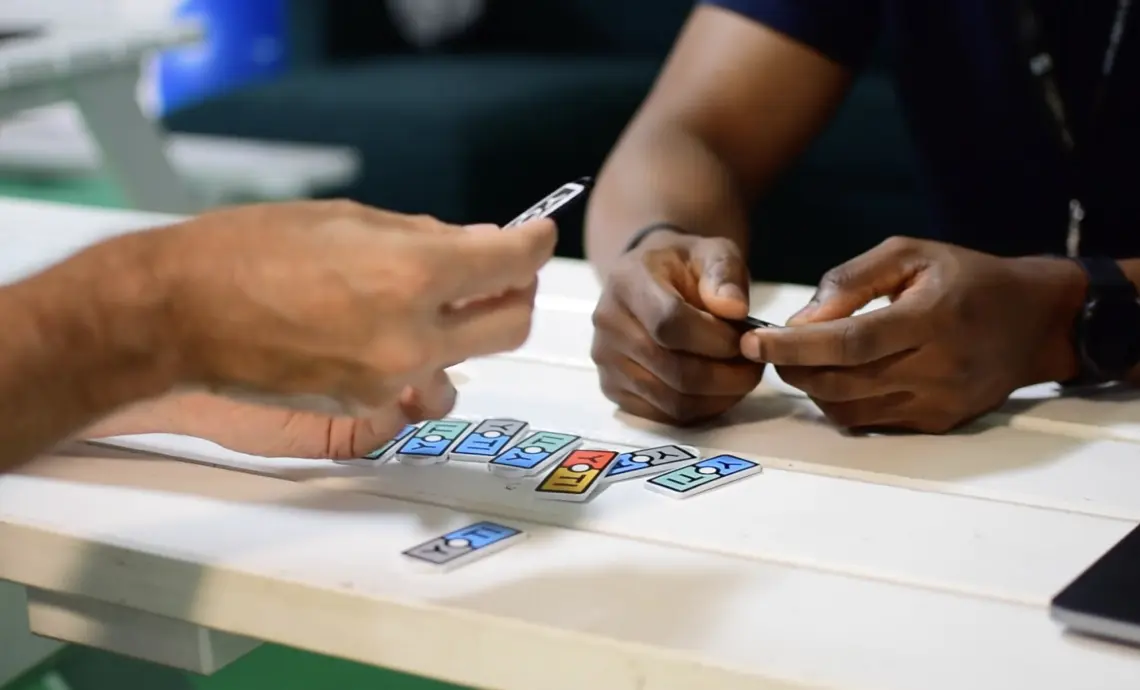
A few months ago, as I planned my move to a new Head of Social Impact role at Yoti, I started to do a little digging into who was saying what, and doing what, in the world of digital identity.
At the risk of stating the obvious, it’s a bit of a hot topic right now (along with drones, big data, AI and 3D printing). I wasn’t surprised to find well over two dozen fairly recent papers and reports on the challenges and potential of digital identity in global development. Between accepting my new role and my start date, someone had even published a new book on the subject.
Although my latest role in digital identity is new, my relationship with Yoti isn’t. Three years ago I became a founding Yoti Guardian, one of three ‘influential individuals who ensure that Yoti always seeks to do the right thing, and that we are transparent about what we are doing and why.’
I was excited by what Yoti were doing even back then, and that was before they’d launched. The smartphone app in the product roadmap was one thing, but another they had in the works, Yoti Key (an NFC-enabled tag which can digitally hold someone’s identity) had considerable resonance given my many years experience working on simple, low-tech, last mile solutions in global development. Because of the potential, Yoti Key was the first thing I honed in on when I came on board.
Yoti may be a private company, but it’s a private company incredibly focused on its social impact. It was one of the first UK companies to be certified as a B Corp – the ‘Fair Trade’ for business – in late 2015, and my new role as Head of Social Impact is further testament to our commitment to doing well, by doing good.
Yoti had already been working with a number of UK based charities on their identity needs when I joined, but global development is a something of a whole new ball game for us.
Beginning in late April, we started ramping up our outreach to humanitarian organisations, demonstrated our offline Yoti Key concept at ICTD2018 in Lusaka, began designing a new, dedicated Social Impact section of the Yoti website and commissioned research in a number of African and South East Asian countries in order to better understand identity needs among local, grassroots organisations. Our initial scoping of the global digital identity space has highlighted a gap in understanding the needs of organisations working in offline environments, or areas of poor connectivity.
Here at Yoti we’re committed to digital identity for everyone, and that doesn’t just mean everyone with a smartphone and an internet connection. We’ll be sharing our research findings in the coming weeks, along with details of how we plan to serve the local, grassroots community with digital identity solutions that work for them, where they are. We’ll also begin sharing Yoti case studies to help the nonprofit sector better understand the implications of digital identity in their work.
If you’d like to get in touch, then send us a message. We’d love to hear from you.